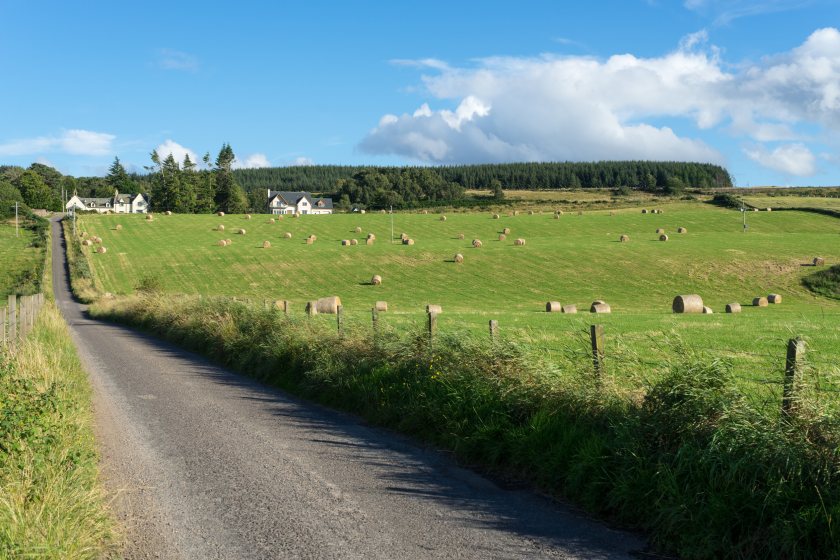Scottish government accused of 'junk law' over Land Reform Bill

Landowners have accused the Scottish government’s new Land Reform Bill of creating “junk law” that will lead to years of legal wrangling instead of meaningful change.
The Land Reform (Scotland) Bill introduces new rules on land ownership transparency, management plans and community buyout powers, aiming to diversify who owns and uses rural land across Scotland.
The legislation is part of the government’s long-term commitment to make land ownership more transparent and to curb the concentration of large estates that dominate much of rural Scotland.
However, Scottish Land & Estates (SLE) says the Bill will add layers of complexity and cost for farmers, landowners and rural businesses, while failing to achieve its stated aims.
The Scottish government says the reforms are designed to increase transparency in land ownership and give communities a stronger voice in how local land is used.
Ministers argue the Bill will make ownership fairer and more accountable by requiring large landholdings to publish management plans and by strengthening local rights to buy, helping support sustainable development and tackle inequalities in land access. They say the measures will ensure that Scotland’s natural assets benefit everyone, not just a few.
But SLE chief executive Sarah-Jane Laing said the Bill’s provisions are so poorly drafted that “it will take years of additional work by government and others before they can be implemented in practice – and some may never come into effect at all.”
She said the legislation had “succeeded in uniting landowners, land reform campaigners, lawyers, property agents and accountants – all of whom recognise that, whatever your stance on land reform, this is junk law.”
Laing warned that “no one emerges as a winner from this – not government, not landowners, not rural businesses, not communities, and certainly not the taxpayer who will bear much of the cost of the added bureaucracy.”
According to SLE, the only people likely to benefit will be lawyers, as property transactions become more complex and legal challenges more frequent.
Laing criticised the government’s approach to community ownership, arguing that extensive rights for communities to buy land already exist, but that demand is “far lower than activists claim.”
She said the legislation could lead to “the extraordinary prospect of the Scottish government effectively acting as an estate agent – deciding how property should be broken up before it even reaches the market.”
“For taxpayers who have witnessed the government’s forays into ferries, airports and recycling schemes, that idea will seem utterly absurd,” she added.
SLE warned that the new requirement for Land Management Plans would add unnecessary cost and complexity for rural businesses. Laing said these plans would do little to support the prosperity or resilience of rural communities, arguing that “no other business type is being asked to justify its activities in such a way.”
She also criticised the government for missing what she called a “major opportunity” to revitalise the tenanted farming sector, warning that new financial penalties and compensation measures would deter landowners from letting land.
“Instead of encouraging more people to let land, it has chosen to penalise them further,” she said. “That approach risks delivering the final blow to a sector already in decline.”
Laing said the Bill could have been a chance to deliver practical, consensus-based reform that genuinely supported rural Scotland’s people, businesses and environment.
“Instead, it represents a missed opportunity – one that will create division, confusion and delay at a time when Scotland needs stability, investment and economic growth,” she said.
SLE is urging the Scottish government to pause the process and work with stakeholders to produce legislation that “truly serves the long-term interests of our rural communities.”








